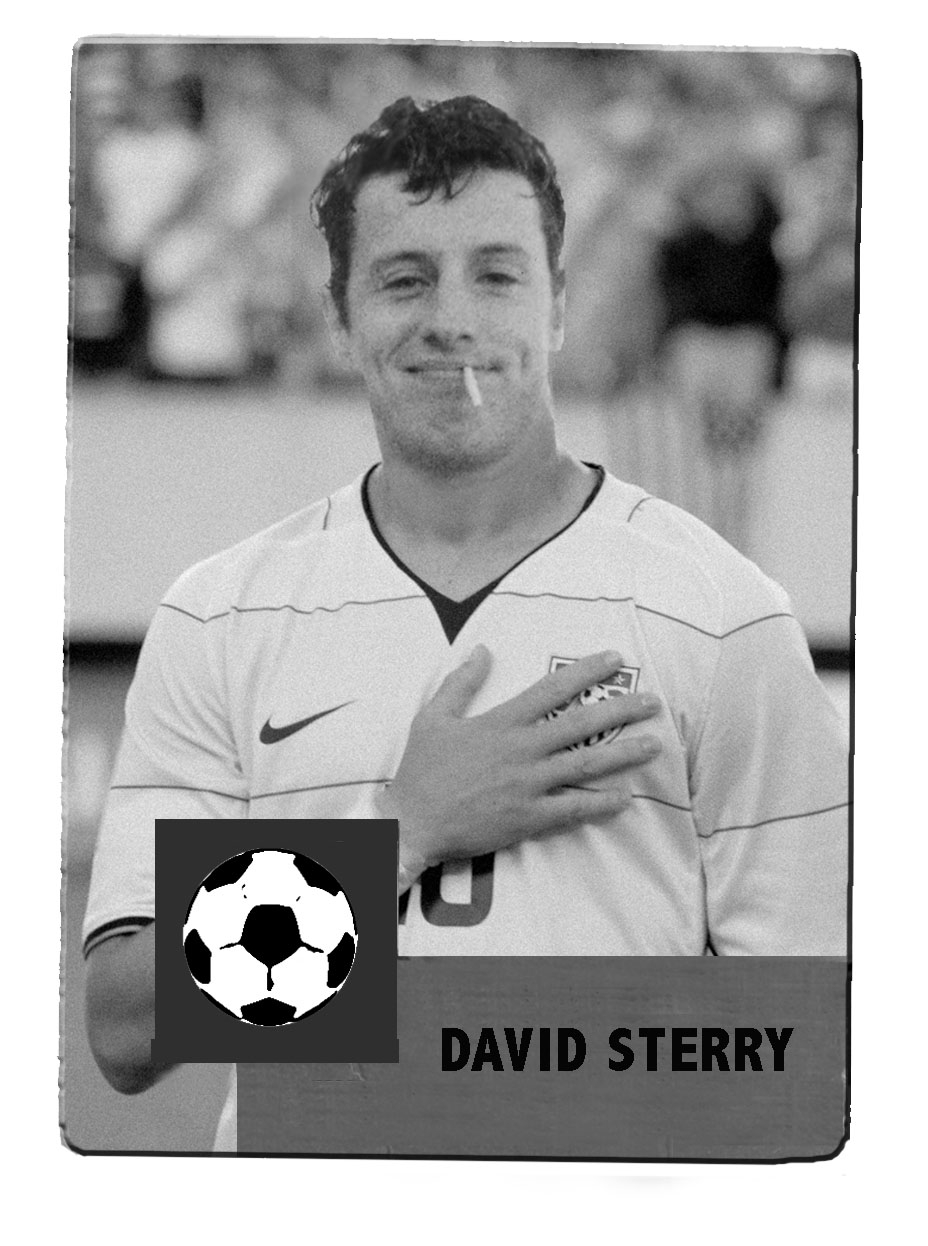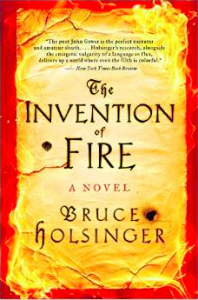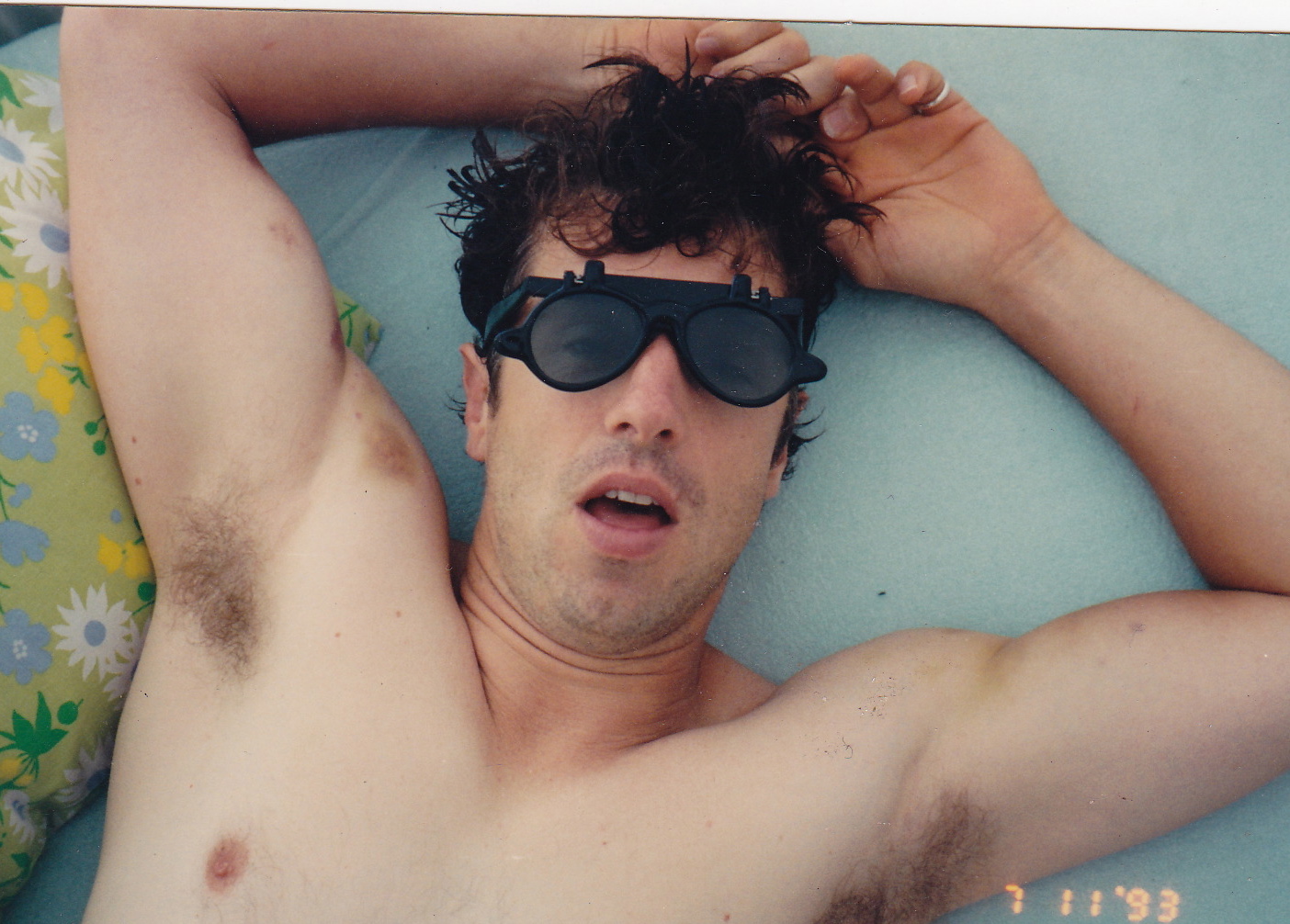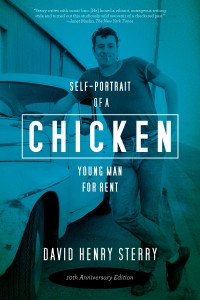Find Chicken at your local independent bookstore: Indiebound Amazon
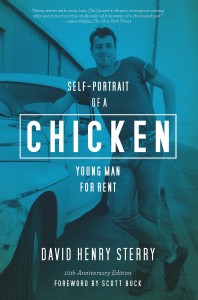 “I walk all the way up Hollywood Boulevard to Grauman’s Chinese Theatre: past tourists snapping shots; wannabe starlets sparkling by in miniskirts with head shots in their hands and moondust in their eyes; rowdy cowboys drinking with drunken Indians; black businessmen bustling by briskly in crisp suits; ladies who do not lunch with nylons rolled up below the knee pushing shopping carts full of everything they own; Mustangs rubbing up against muscular Mercedes and Hell’s Angels hogs. It’s a sick twisted Wonderland, and I’m Alice.”
“I walk all the way up Hollywood Boulevard to Grauman’s Chinese Theatre: past tourists snapping shots; wannabe starlets sparkling by in miniskirts with head shots in their hands and moondust in their eyes; rowdy cowboys drinking with drunken Indians; black businessmen bustling by briskly in crisp suits; ladies who do not lunch with nylons rolled up below the knee pushing shopping carts full of everything they own; Mustangs rubbing up against muscular Mercedes and Hell’s Angels hogs. It’s a sick twisted Wonderland, and I’m Alice.”
This is the chronicle of a young man walking the razor-sharp line between painful innocence and the allure of the abyss. David Sterry was a wide-eyed son of 1970s suburbia, but within a week of enrolling at Immaculate Heart College, he was lured into the dark underbelly of the Hollywood flesh trade. Chicken has become a coming-of-age classic, and has been translated into ten languages. This ten-year anniversary edition has shocking new material.
“Sterry writes with comic brio … [he] honed a vibrant outrageous writing style and turned out this studiously wild souvenir of a checkered past.” – Janet Maslin, The New York Times
“This is a stunning book. Sterry’s prose fizzes like a firework. Every page crackles… A very easy, exciting book to read – as laconic as Dashiell Hammett, as viscerally hallucinogenic as Hunter S Thompson. Sex, violence, drugs, love, hate, and great writing all within a single wrapper. What more could you possibly ask for? -Maurince Newman, Irish Times
“A beautiful book… a real work of literature.” – Vanessa Feltz, BBC
“Insightful and funny… captures Hollywood beautifully” – Larry Mantle, Air Talk, NPR
“Jawdropping… A carefully crafted piece of work…” -Benedicte Page, Book News, UK
“A 1-night read. Should be mandatory reading for parents and kids.” -Bert Lee, Talk of the Town
“Alternately sexy and terrifying, hysterical and weird, David Henry Sterry’s Chicken is a hot walk on the wild side of Hollywood’s fleshy underbelly. With lush prose and a flawless ear for the rhythms of the street, Sterry lays out a life lived on the edge in a coming-of-age classic that’s colorful, riveting, and strangely beautiful. David Henry Sterry is the real thing.” –Jerry Stahl, author of Permanent Midnight
“Compulsively readable, visceral, and very funny. The author, a winningly honest companion, has taken us right into his head, moment-by-moment: rarely has the mentality of sex been so scrupulously observed and reproduced on paper. Granted, he had some amazingly bizarre experiences to draw upon; but as V. S. Pritchett observed, in memoirs you get no pints for living, the art is all that counts-and David Henry Sterry clearly possesses the storyteller’s art.” – Phillip Lopate, author of Portrait of My Body – Phillip Lopate, author of Portrait of My Body
“Like an X-rated Boogie Nights narrated by a teenage Alice in Wonderland. Sterry’s anecdotes… expose Hollywood at its seamiest, a desperate city of smut and glitz. I read the book from cover to cover in one night, finally arriving at the black and white photo of the softly smiling former chicken turned memoirist.” -Places Magazine
“Snappy and acutely observational writing… It’s a book filled with wit, some moments of slapstick, and of some severe poignancy… a flair for descriptive language… The human ability to be kind ultimately reveals itself, in a book which is dark, yet always upbeat and irreverent. A really good, and enlightening, read.” – Ian Beetlestone, Leeds Guide
“Brutally illuminating and remarkably compassionate… a walk on the wild side which is alternatively exhilirating and horrifying, outrageous and tragic… Essential reading.” – Big Issue
“Visceral, frank and compulsive reading.’ –City Life, Manchester
“Sparkling prose… a triumph of the will.” -Buzz Magazine
“Pick of the Week.” -Independent
“Impossible to put down, even, no, especially when, the sky is falling…Vulnerable, tough, innocent and wise… A fast-paced jazzy writing style… a great read.” -Hallmemoirs
“Full of truth, horror, and riotous humor.” -The Latest Books
“His memoir is a super-readable roller coaster — the story of a young man who sees more of the sexual world in one year than most people ever do.” – Dr. Carol Queen, Spectator Magazine
“Terrifically readable… Sterry’s an adventurer who happens to feel and think deeply. He’s written a thoroughly absorbing story sensitively and with great compassion… A page-turner… This is a strange story told easily and well.” – Eileen Berdon, Erotica.com
“Love to see this book turned into a movie, Julianne Moore might like to play Sterry’s mum…” – by Iain Sharp The Sunday Star-Times, Auckland, New Zealand).



